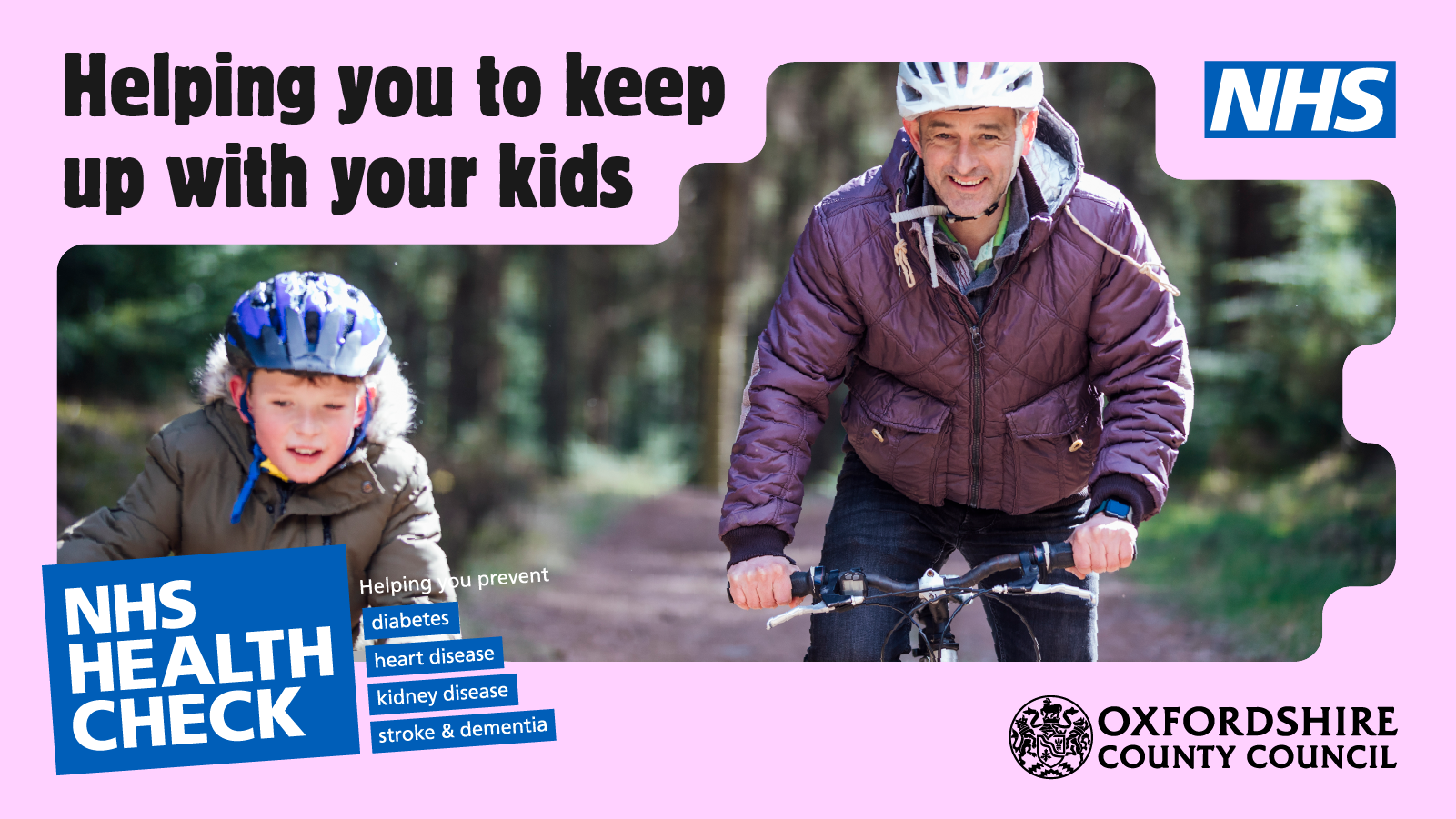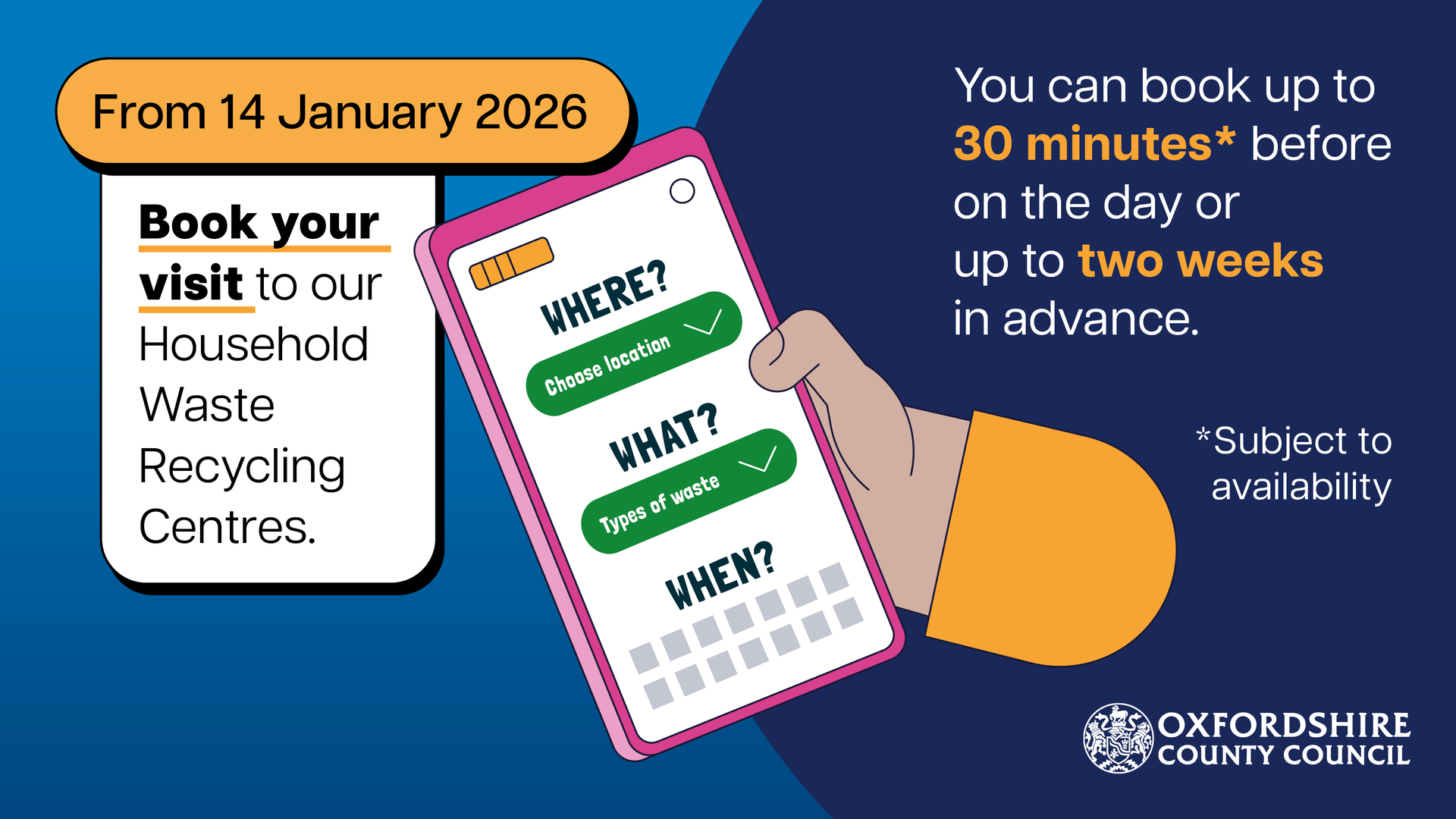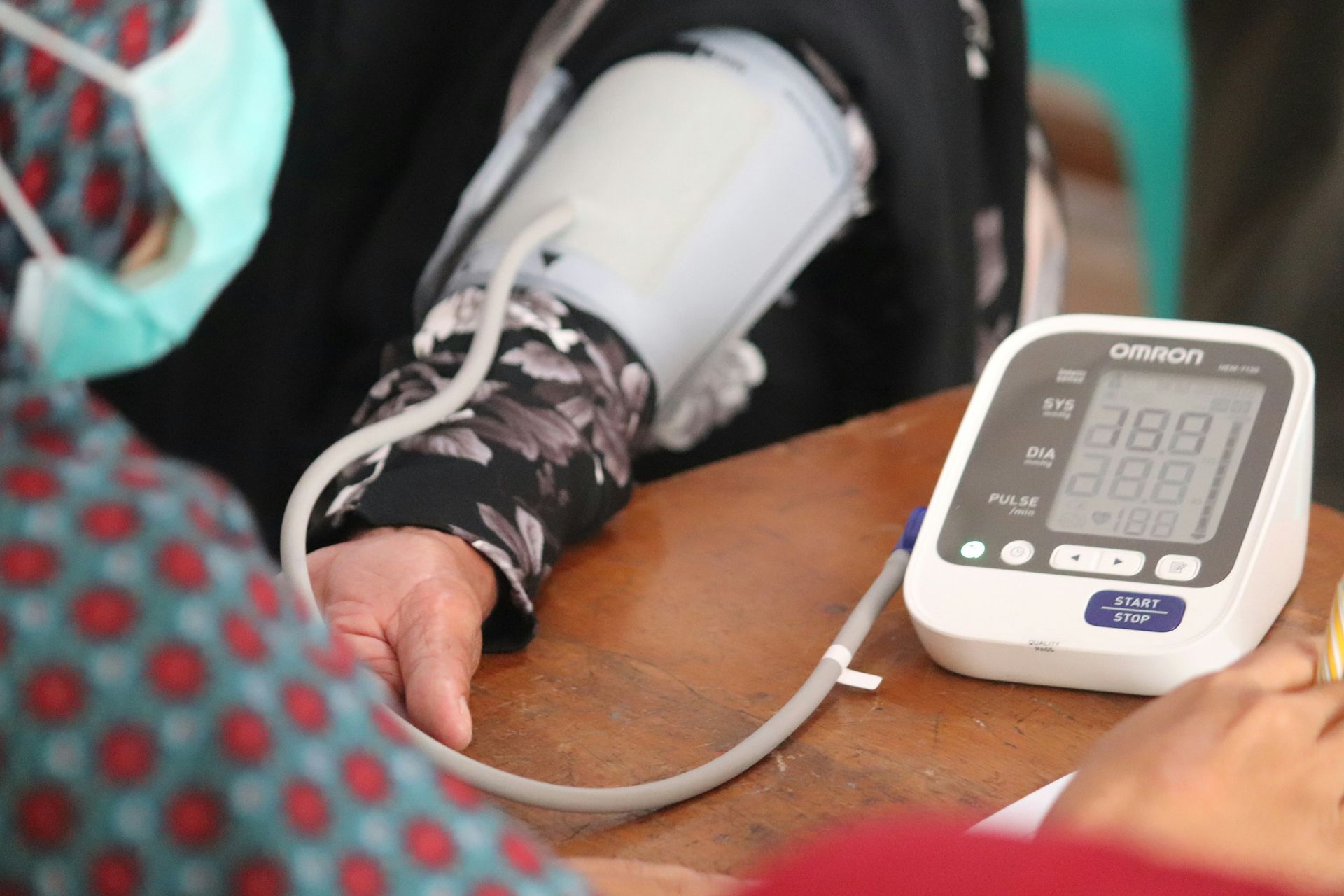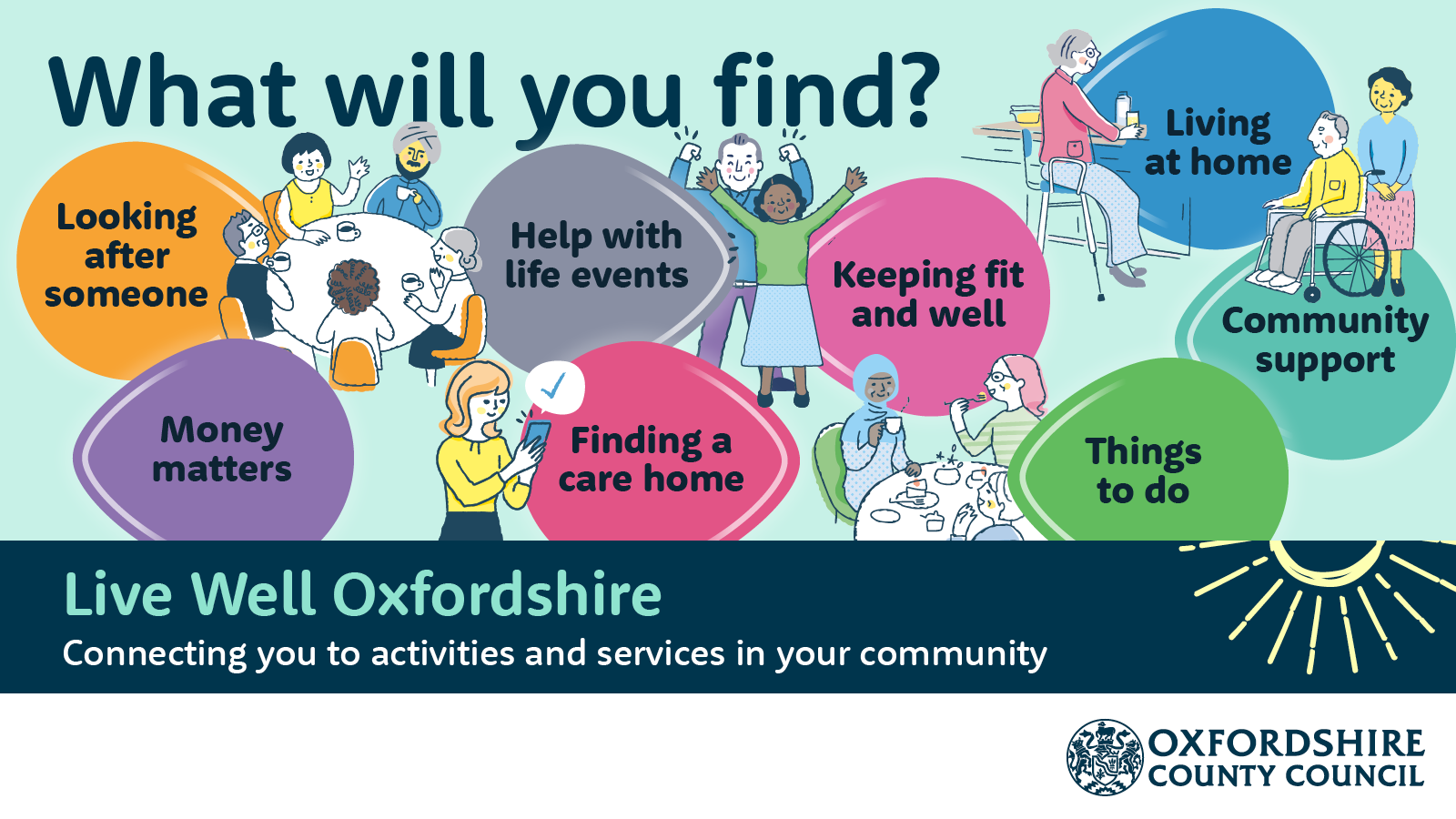
Getting an NHS Health Check is a great way to stay on top of your health. It's a simple process that can give you peace of mind and help you to stay healthy.
Think of an NHS Health check as an MOT for your body. The aim of the check is to keep you as healthy as possible and reduce the chances of problems in the future.
It’s all about prevention and helps us detect potential problems before they get the chance to do real damage. Your first invitation will come after you turn 40, and then every five years if you remain eligible up to the age of 74.
If you have a long-term condition or are on certain medications your overall health will be managed as part of your annual reviews and you may not be eligible.
Why do I need one?
You may be feeling fine, but as we get older our risk of developing heart disease, stroke, type 2 diabetes, kidney disease and dementia increases.
Several factors can increase our risk, including weight, lack of exercise, diet, smoking, excessive alcohol consumption, high blood pressure and elevated cholesterol levels.
What to expect at a check
Your health check will take around 20 to 30 minutes, you can expect
- Your height, weight, sex, ethnicity and age will be recorded.
- Your blood pressure will be taken.
- A simple blood test will check your cholesterol level.
- Your body mass index (BMI) will be calculated. BMI is a measure of whether you're a healthy weight for your height.
- You will be asked some simple questions about your family history, whether or not you smoke and how much alcohol you drink.
What happens after the check
Your health professional will discuss how you can reduce your risk and stay healthy.
- You'll be taken through your results and told what they mean. Some people may be asked to return for their results at a later date.
- You'll be given personalised advice on how to lower your risk and maintain a healthy lifestyle.
- Some people with raised blood pressure will have their kidneys checked through a blood test.
- Some people may need to have another blood test to check for type 2 diabetes. Your health professional can tell you more.
- Treatment or medication may be prescribed to help you maintain your health.





